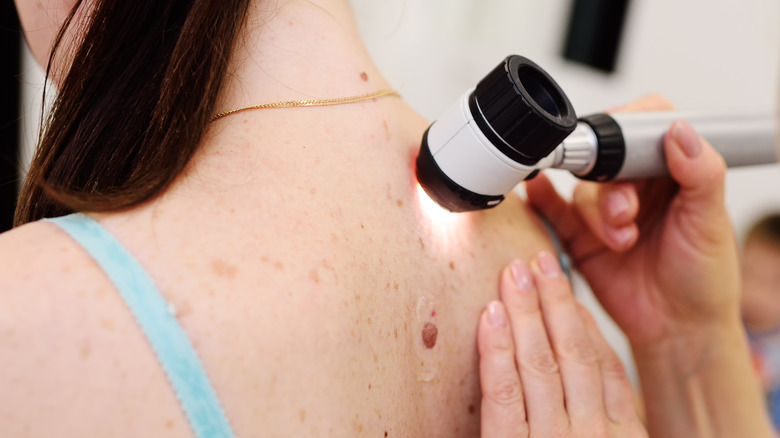Why Are Veterans At A Higher Risk For Aggressive Skin Cancers?
Those who serve in the military are a subset of the population more likely to be diagnosed with skin cancer. A recent study from the Journal of American Academy of Dermatology collected data from the Veteran's Affairs Cancer Registry and the Surveillance, Epidemiology, and End Results (SEER) to determine the prevalence of melanoma in veterans compared to the general U.S. population. The researchers found that veterans were more likely to be diagnosed with melanoma, and their risk of stage 4 melanoma was higher than the U.S. population. However, the melanoma-specific survival rate of veterans surpassed the survival rate of the general U.S. population.
Why is melanoma more common among veterans? A 2000 study in the Annals of Epidemiology suggested that the veterans of war were more likely to have been exposed to the sun, particularly World War II veterans who served in the Pacific. Compared to war veterans who served in Europe, those who served in the Pacific had higher instances of melanoma. Prisoners of war from the Pacific had the highest risk overall of a melanoma diagnosis.
Who is at the highest risk of developing melanoma?
According to the Centers for Disease Control and Prevention, non-Hispanic white males have the highest rate of melanoma in the United States. From 2003 to 2016, the death rate for both males and females has steadily increased. However, this doesn't mean that a melanoma diagnosis is always fatal. The National Cancer Institute says that the five-year survival rate for melanoma is 93.7%.
Remember, not all skin cancers are melanoma. According to the Mayo Clinic, the three types of skin cancer are basal cell carcinoma, squamous cell carcinoma, and melanoma. Basal cell and squamous cell carcinoma are typically found on sun-exposed areas of the skin, but melanoma can appear anywhere on the body. In males, melanoma is often found on the torso or face, and it sometimes appears on the lower legs of females.
You can protect yourself from skin cancer by seeking shade, avoiding tanning beds, and wearing sunscreen. The American Cancer Society also suggests examining your skin each month for any suspicious new moles and strengthening your immune system.


